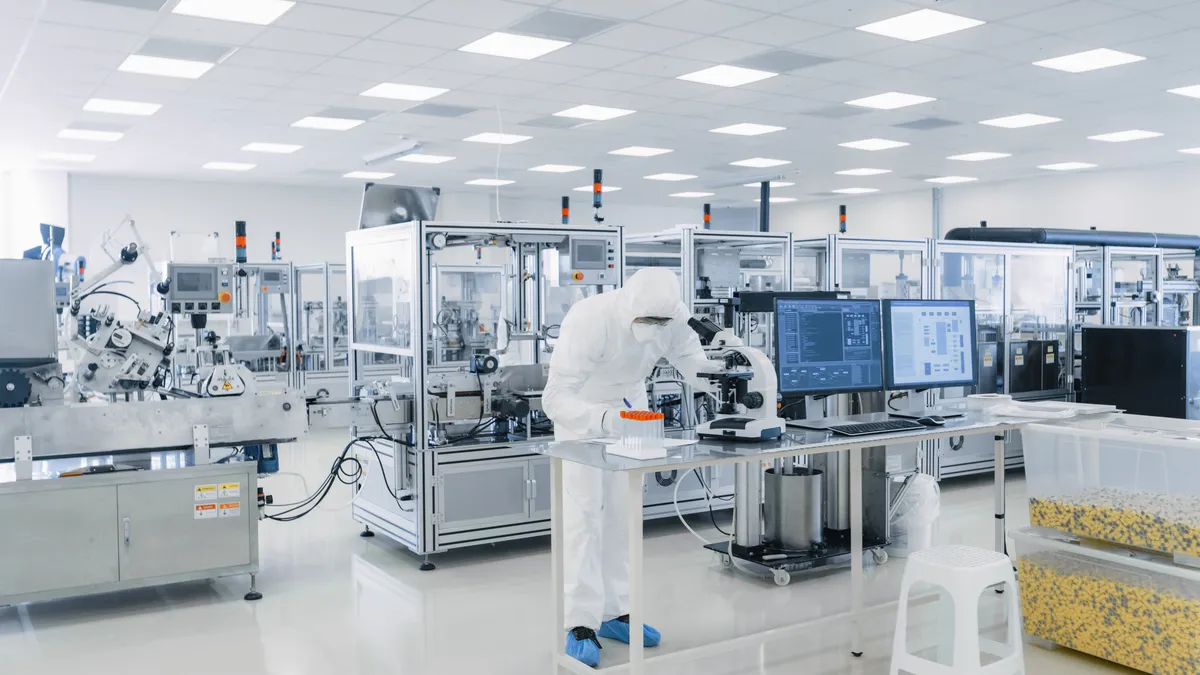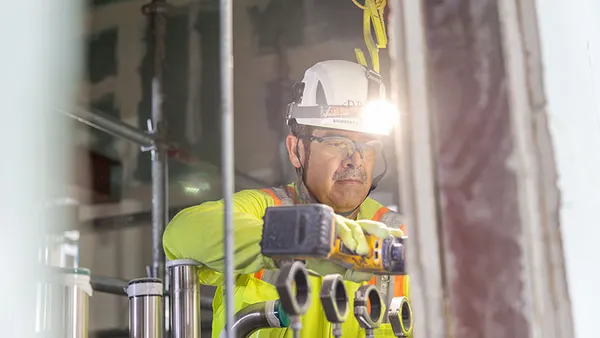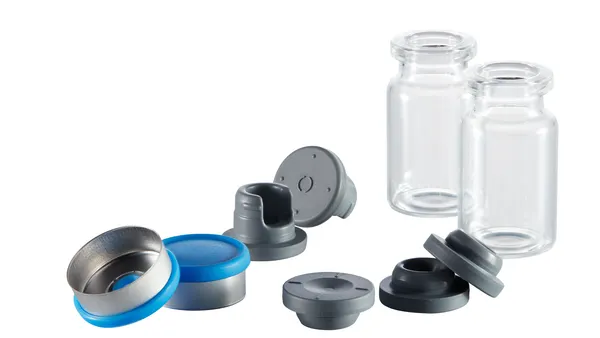Dive Brief:
- Evotec, a German drug discovery and contract development and manufacturing company, is restructuring amid a slowdown in early-stage research spending.
- First-half revenue and profitability “have been more challenging for the company than expected,” new CEO Christian Wojczewski said in a statement Wednesday. That’s prompted the company to build on a “priority reset” announced earlier in the year designed to produce cost savings of at least 40 million euros, or $44 million, in 2025, he said.
- The company now plans to get out of the gene therapy business, reduce its physical footprint around the world and eliminate about 400 jobs. The layoffs amount to about 7% of the current workforce, Evotec said in an investor presentation. The company employed 5,061 people at the end of last year.
Dive Insight:
Evotec is the latest contract company to point to a changing calculus among major pharmaceutical makers on where they spend their research dollars. Last week, Charles River Laboratories cut its forecasts, citing worsening demand from the industry.
Charles River CEO James Foster pointed to new rules that allow Medicare to negotiate drug prices as one factor in the slowdown. The main pharmaceutical trade group, PhRMA, has long warned that the negotiation provision contained in the Inflation Reduction Act would discourage drug development.
But other factors are likely at play as well. A looming patent cliff hitting major drugmakers, a hesitant market for biotech investment and higher interest rates are all affecting spending too.
For its part, Evotec also blamed a high fixed cost base for weaker profitability. The company now expects a small increase in revenue for the year, climbing to between 790 and 820 million euros, compared with 781 million euros in 2023. Research and development costs should be slightly lower, and adjusted group earnings before interest, taxes, depreciation and amortization will likely fall well short of last year, Evotec said.
As part of its exit from gene therapy, the company plans to close a site in Orth, Austria. It’s also shutting down chemistry activities in Lyon, France, separating a manufacturing facility in Halle/Westphalia, Germany and giving up lease agreements in unspecified locations.
Wojczewski, who took over on July 1, said he’s confident in the company’s future success, in part because of its strong slate of partnerships. The company’s first-half earnings statement highlighted new collaborations including deals with Pfizer, Bayer and the Crohn’s & Colitis Foundation.













